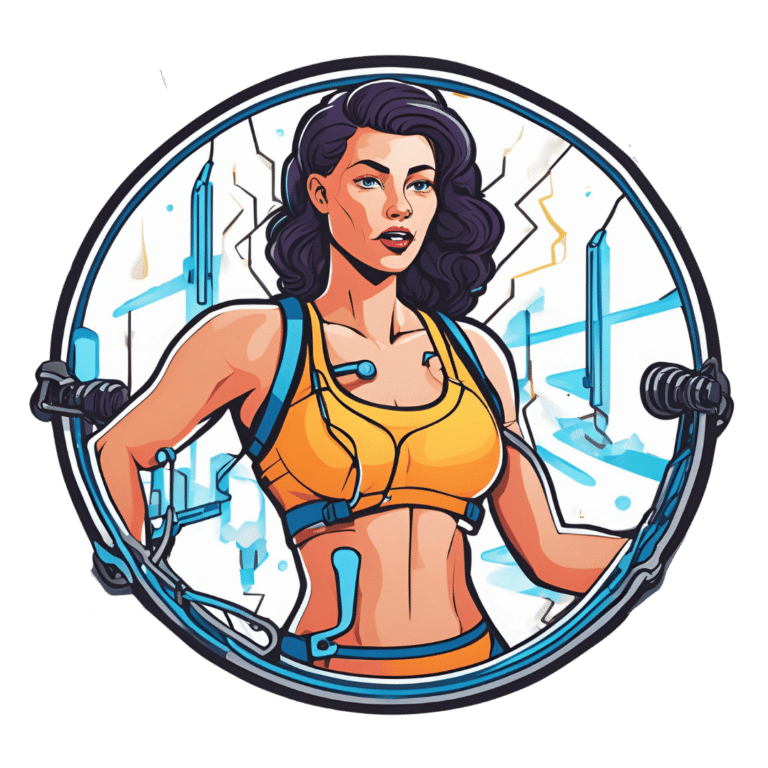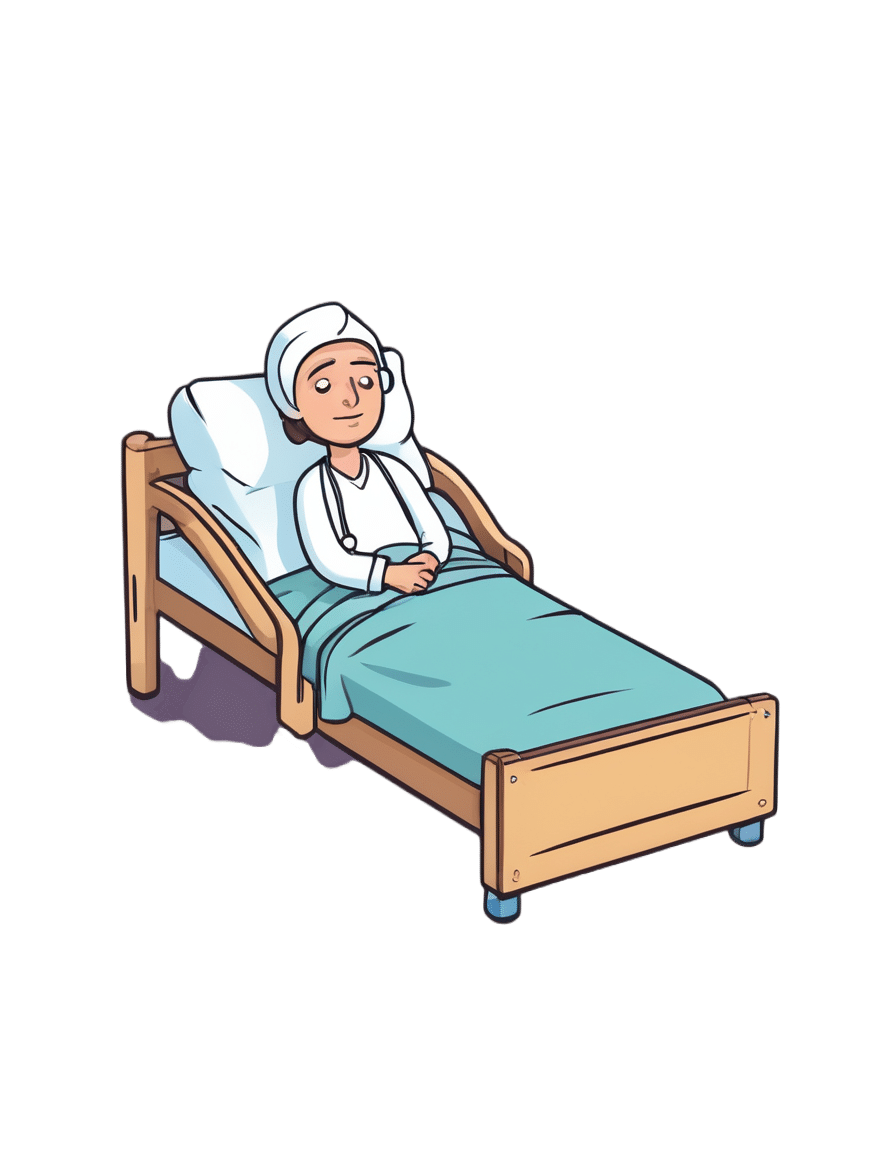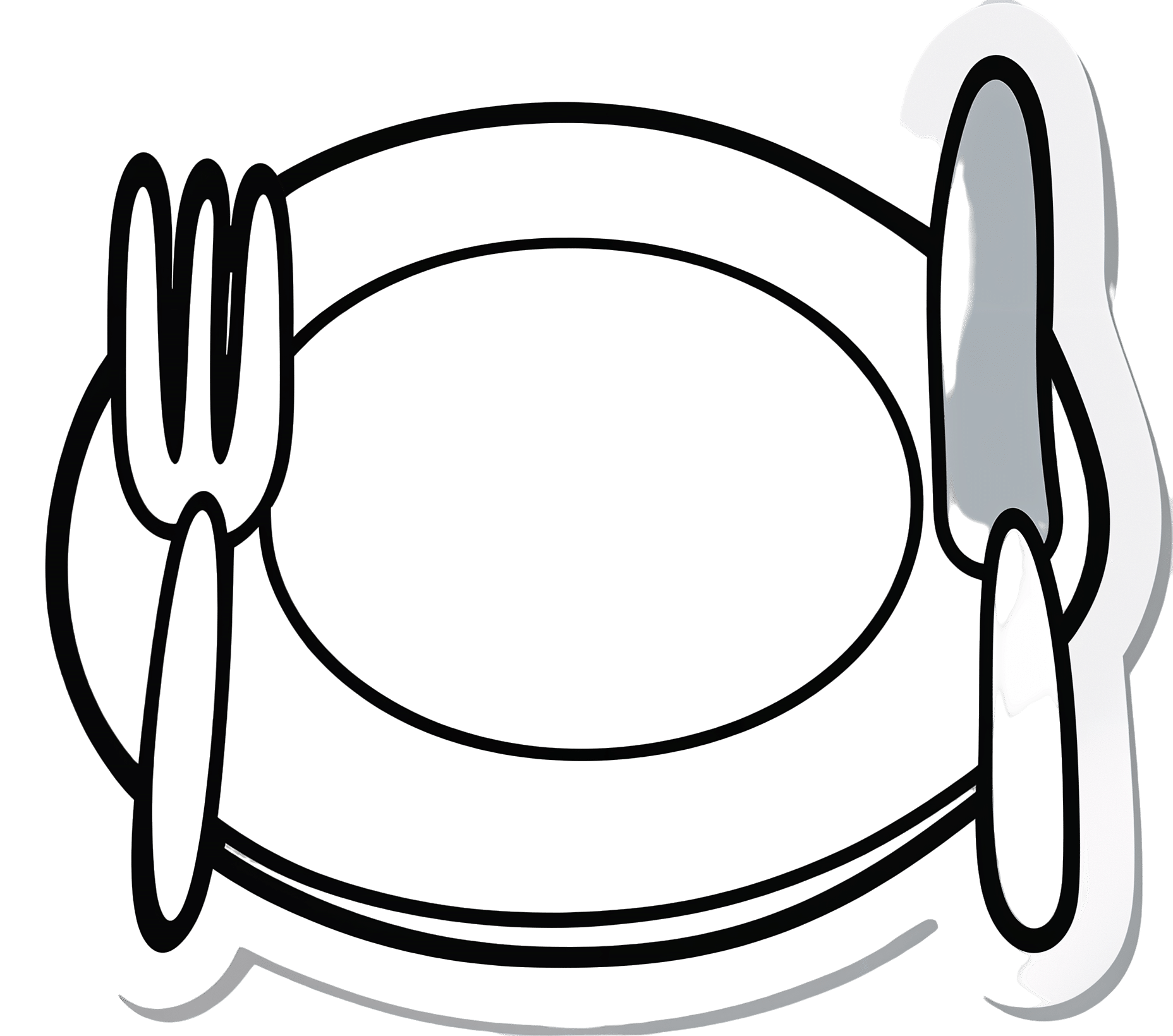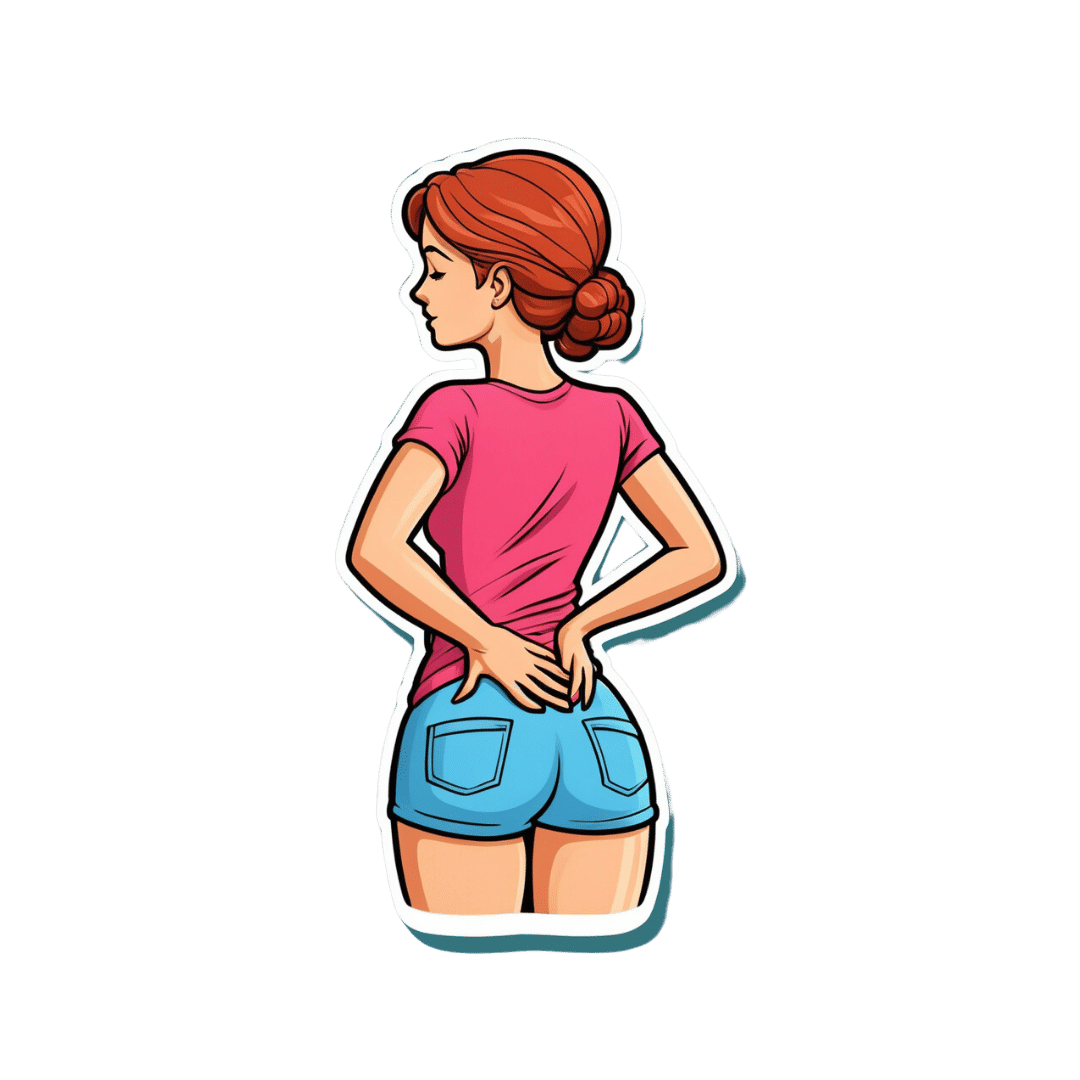
How To Boost Your Memory Immediately (Without Supplements)
10almonds is reader-supported. We may, at no cost to you, receive a portion of sales if you purchase a product through a link in this article.
How To Boost Your Memory (Without Supplements)
While we do recommend having a good diet and taking advantage of various supplements that have been found to help memory, that only gets so much mileage. With that in mind…
First, how good is your memory? Take This 2-Minute Online Test
Now, that was a test of short term memory, which tends to be the most impactful in our everyday life.
It’s the difference between “I remember the address of the house where I grew up” (long-term memory) and “what did I come to this room to do?” (short-term memory / working memory)
First tip:
When you want to remember something, take a moment to notice the details. You can’t have a madeleine moment years later if you wolfed down the madeleines so urgently they barely touched the sides.
This goes for more than just food, of course. And when facing the prospect of age-related memory loss in particular, people tend to be afraid not of forgetting their PIN code, but their cherished memories of loved ones. So… Cherish them, now! You’ll struggle to cherish them later if you don’t cherish them now. Notice the little details as though you were a painter looking at a scene for painting. Involve more senses than just sight, too!
If it’s important, relive it. Relive it now, relive it tomorrow. Rehearsal is important to memory, and each time you relive a memory, the deeper it gets written into your long-term memory until it becomes indelible to all but literal brain damage.
Second tip:
Tell the story of it to someone else. Or imagine telling it to someone else! (You brain can’t tell the difference)
And you know how it goes… Once you’ve told a story a few times, you’ll never forget it later. Isn’t your life a story worth telling?
Many people approach memory like they’re studying for a test. Don’t. Approach it like you’re preparing to tell a story, or give a performance. We are storytelling creatures at heart, whether or not we realize it.
What do you do when you find yourself in a room and wonder why you went there? (We’ve all been there!) You might look around for clues, but if that doesn’t immediately serve, your fallback will be retracing your steps. Literally, physically, if needs be, but at least mentally. The story of how you got there is easier to remember than the smallest bit of pure information.
What about when there’s no real story to tell, but we still need to remember something?
Make up a story. Did you ever play the game “My granny went to market” as a child?
If not, it’s a collaborative memory game in which players take turns adding items to a list, “My granny went to market and bought eggs”, My granny went to market and bought eggs and milk”, “my granny went to market and bought eggs and milk and flour” (is she making a cake?), “my granny went to market and bought eggs and milk and flour and shoe polish” (what image came to mind? Use that) “my granny went to market and bought eggs and milk and flour and shoe polish and tea” (continue building the story in your head), and so on.
When we actually go shopping, if we don’t have a written list we may rely on the simple story of “what I’m going to cook for dinner” and walking ourselves through that story to ensure we get the things we need.
This is because our memory thrives (and depends!) on connections. Literal synapse connections in the brain, and conceptual contextual connections in your mind. The more connections, the better the memory.
Now imagine a story: “I went to Stonehenge, but in the background was a twin-peaked mountain blue. I packed a red suitcase, placing a conch shell inside it, when suddenly I heard a trombone, and…” Ring any bells? These are example items from the memory test earlier, though of course you may have seen different things in a different order.
So next time you want to remember things, don’t study as though for a test. Prepare to tell a story!
Try going through the test again, but this time, ignore their instructions because we’re going to use the test differently than intended (we’re rebels like that). Don’t rush, and don’t worry about the score this time (or even whether or not you saw a given image previously), but instead, build a story as you go. We’re willing to bet that after it, you can probably recite most of the images you saw in their correct order with fair confidence.
Here’s the link again: Take The Same Test, But This Time Make It Story-Worthy!
Again, ignore what it says about your score this time, because we weren’t doing that this time around. Instead, list the things you saw.
What you were just able to list was the result of you doing story-telling with random zero-context images while under time pressure.
Imagine what you can do with actual meaningful memories of your ongoing life, people you meet, conversations you have!
Just… Take the time to smell the roses, then rehearse the story you’ll tell about them. That memory will swiftly become as strong as any memory can be, and quickly get worked into your long-term memory for the rest of your days.
Don’t Forget…
Did you arrive here from our newsletter? Don’t forget to return to the email to continue learning!
Recommended
Learn to Age Gracefully
Join the 98k+ American women taking control of their health & aging with our 100% free (and fun!) daily emails:
-
7-Minute Face Fitness For Lymphatic Drainage & Youthful Jawline
10almonds is reader-supported. We may, at no cost to you, receive a portion of sales if you purchase a product through a link in this article.
Valeriia Veksler is a registered nurse with a background in cosmetic medicine. She’s been practicing for 7 years, and on the strength of that, is going to teach us how to give our face some love for 7 minutes:
The routine, step by step
Preparation: clean your face and apply your usual moisturizer. Breathe deeply: Inhale through the nose, exhale to release tension.
Neck massage: use fingertips in circular motion from the bottom of the neck to the hairline and back for 30 seconds. This helps promote blood flow to the face.
Sternocleidomastoid massage: use knuckles to massage in circles from the sternal area up to the jawline and down to the collarbone for 30 seconds. Keep posture straight, shoulders down, and relax muscles.
Collarbone pressure: apply and release pressure with fingertips above the collarbones for 30 seconds. This stimulates lymphatic flow and helps reduce puffiness.
Under-chin massage: use knuckles to massage side-to-side under the chin for 30 seconds. Relax the under-chin area and promote lymphatic drainage.
Jawline massage: with knuckles, massage from the chin towards the ears in circular motion for 30 seconds. Relax the jaw.
Nasolabial fold and nose massage: place index fingers near nostrils and move mouth in a “O” shape, then massage around the nostrils and up the nose for 30 seconds.
Smile line lift: press palms on the smile lines and slide hands up towards the temples for 30 seconds. This helps lift the face and sculpt cheekbones.
Under-eye massage: use index fingers in a hook shape, massaging under the eyes along the bone structure for 30 seconds. This promotes blood flow and lymphatic drainage.
Temple lift: use fingertips to lift the area near the left temple for 30 seconds, then assist with the opposite hand to lift further. Repeat on the other side. This reduces crow’s feet and lifts the corners of the eyes.
Forehead lift: place hands on the forehead, lock fingers, and gently elevate the skin upwards. Glide fingers towards the hairline for 30 seconds. This promotes blood flow and smooths the forehead.
Relax 11 Lines: place fingers at the center of the forehead, gently press into the tissue, and let them glide away from each other towards the eyebrows for 30 seconds.
Bonus:
- Ensure good posture throughout.
- Relax, stay mindful, and breathe deeply during the exercises.
- Feel the warmth and energy from improved circulation, after the routine.
For more on all of this plus a visual demonstration of everything, enjoy:
Click Here If The Embedded Video Doesn’t Load Automatically!
Want to learn more?
You might also like to read:
Top 10 Foods That Promote Lymphatic Drainage and Lymph Flow
Take care!
Share This Post
-
Long COVID is real—here’s how patients can get treatment and support
10almonds is reader-supported. We may, at no cost to you, receive a portion of sales if you purchase a product through a link in this article.
What you need to know
- There is still no single, FDA-approved treatment for long COVID, but doctors can help patients manage individual symptoms.
- Long COVID patients may be eligible for government benefits that can ease financial burdens.
- Getting reinfected with COVID-19 can worsen existing long COVID symptoms, but patients can take steps to stay protected.
On March 15—Long COVID Awareness Day—patients shared their stories and demanded more funding for long COVID research. Nearly one in five U.S. adults who contract COVID-19 suffer from long COVID, and up to 5.8 million children have the disease.
Anyone who contracts COVID-19 is at risk of developing long-term illness. Long COVID has been deemed by some a “mass-disabling event,” as its symptoms can significantly disrupt patients’ lives.
Fortunately, there’s hope. New treatment options are in development, and there are resources available that may ease the physical, mental, and financial burdens that long COVID patients face.
Read on to learn more about resources for long COVID patients and how you can support the long COVID patients in your life.
What is long COVID, and who is at risk?
Long COVID is a cluster of symptoms that can occur after a COVID-19 infection and last for weeks, months, or years, potentially affecting almost every organ. Symptoms range from mild to debilitating and may include fatigue, chest pain, brain fog, dizziness, abdominal pain, joint pain, and changes in taste or smell.
Anyone who gets infected with COVID-19 is at risk of developing long COVID, but some groups are at greater risk, including unvaccinated people, women, people over 40, and people who face health inequities.
What types of support are available for long COVID patients?
Currently, there is still no single, FDA-approved treatment for long COVID, but doctors can help patients manage individual symptoms. Some options for long COVID treatment include therapies to improve lung function and retrain your sense of smell, as well as medications for pain and blood pressure regulation. Staying up to date on COVID-19 vaccines may also improve symptoms and reduce inflammation.
Long COVID patients are eligible for disability benefits under the Americans with Disabilities Act. The Pandemic Legal Assistance Network provides pro bono support for long COVID patients applying for these benefits.
Long COVID patients may also be eligible for other forms of government assistance, such as Supplemental Nutrition Assistance Program (SNAP), Temporary Assistance for Needy Families (TANF), Medicaid, and rental and utility assistance programs.
How can friends and family of long COVID patients provide support?
Getting reinfected with COVID-19 can worsen existing long COVID symptoms. Wearing a high-quality, well-fitting mask will reduce your risk of contracting COVID-19 and spreading it to long COVID patients and others. At indoor gatherings, improving ventilation by opening doors and windows, using high-efficiency particulate air (HEPA) filters, and building your own Corsi-Rosenthal box can also reduce the spread of the COVID-19 virus.
Long COVID patients may also benefit from emotional and financial support as they manage symptoms, navigate barriers to treatment, and go through the months-long process of applying for and receiving disability benefits.
For more information, talk to your health care provider.
This article first appeared on Public Good News and is republished here under a Creative Commons license.
Share This Post
-
How To Get More Nutrition From The Same Food
10almonds is reader-supported. We may, at no cost to you, receive a portion of sales if you purchase a product through a link in this article.
How To Get More Out Of What’s On Your Plate
Where does digestion begin? It’s not the stomach. It’s not even the mouth.
It’s when we see and smell our food; maybe even hear it! “Sell the sizzle, not the steak” has a biological underpinning.
At that point, when we begin to salivate, that’s just one of many ways that our body is preparing itself for what we’re about to receive.
When we grab some ready-meal and wolf it down, we undercut that process. In the case of ready-meals, they often didn’t have much nutritional value, but even the most nutritious food isn’t going to do us nearly as much good if it barely touches the sides on the way down.
We’re not kidding about the importance of that initial stage of our external senses, by the way:
- Food perception primes hepatic endoplasmic reticulum homeostasis via melanocortin-dependent control of mTOR activation
- Olfaction regulates organismal proteostasis and longevity via microRNA-dependent signalling
So, mindful eating is not just something for Instagrammable “what I eat in a day” aesthetic photos, nor is just for monks atop cold mountains. There is actual science here, and a lot of it.
It starts with ingredients
“Eating the rainbow” (no, Skittles do not count) is great health advice for getting a wide variety of micronutrients, but it’s also simply beneficial for our senses, too. Which, as above-linked, makes a difference to digestion and nutrient absorption.
Enough is enough
That phrase always sounds like an expression of frustration, “Enough is enough!”. But, really:
Don’t overcomplicate your cooking, especially if you’re new to this approach. You can add in more complexities later, but for now, figure out what will be “enough”, and let it be enough.
The kitchen flow
Here we’re talking about flow in the Csikszentmihalyi sense of the word. Get “into the swing of things” and enjoy your time in the kitchen. Schedule more time than you need, and take it casually. Listen to your favourite music. Dance while you cook. Taste things as you go.
There are benefits, by the way, not just to our digestion (in being thusly primed and prepared for eating), but also to our cognition:
In The Zone: Flow State and Cognition in Older Adults
Serve
No, not just “put the food on the table”, but serve.
Have a pleasant environment; with sensory pleasures but without too many sensory distractions. Think less “the news on in the background” and more smooth jazz or Mozart or whatever works for you. Use your favourite (small!) plates/bowls, silverware, glasses. Have a candle if you like (unscented!).
Pay attention to presentation on the plate / in the bowl / in any “serve yourself” serving-things. Use a garnish (parsley is great if you want to add a touch of greenery without changing the flavor much). Crack that black pepper at the table. Make any condiments count (less “ketchup bottle” and more “elegant dip”).
Take your time
Say grace if that fits with your religious traditions, and/or take a moment to reflect on gratitude.
In many languages there’s a pre-dinner blessing that most often translates to “good appetite”. This writer is fond of the Norwegian “Velbekommen”, and it means more like “May good come of it for you”, or “May it do you good”.
Then, enjoy the food.
For the most even of blood sugar levels, consider eating fiber, protein/fat, carbs, in that order.
Why? See: 10 Ways To Balance Blood Sugars
Chew adequately and mindfully. Put your fork (or spoon, or chopsticks, or whatever) down between bites. Drink water alongside your meal.
Try to take at least 20 minutes to enjoy your meal, and/but any time you go to reach for another helping, take a moment to check in with yourself with regard to whether you are actually still hungry. If you’re not, and are just eating for pleasure, consider deferring that pleasure by saving the food for later.
At this point, people with partners/family may be thinking “But it won’t be there later! Someone else will eat it!”, and… That’s fine! Be happy for them. You can cook again tomorrow. You prepared delicious wholesome food that your partner/family enjoyed, and that’s always a good thing.
Want to know more about the science of mindful eating?
Check out Harvard’s Dr. Lilian Cheung on Mindful Eating here!
Share This Post
Related Posts
-
“Why Does It Hurt When I Have Sex?” (And What To Do About It)
10almonds is reader-supported. We may, at no cost to you, receive a portion of sales if you purchase a product through a link in this article.
This is one that affects mostly women, with 43% of American women reporting such issues at some point. There’s a distribution curve to this, with higher incidence in younger and older women; younger while first figuring things out, and older with menopause-related body changes. But, it can happen at any time (and often not for obvious reasons!), so here’s what OB/GYN Dr. Jennifer Lincoln advises:
Many possibilities, but easily narrowed down
Common causes include:
- vaginal dryness, which itself can have many causes (half of which are “low estrogen levels” for various different reasons)
- muscular issues, which can be in response to anxiety, pain, and occur as a result of pelvic floor muscle tightening
- vulvar issues, ranging from skin disorders (e.g. lichen sclerosis or lichen planus) to nerve disorders (e.g. vestibulitis or vestibulodynia)
- uterine issues, including endometriosis, fibroids, or scar tissue if you had a surgery
- infections, of the STI variety, but bear in mind that some STIs such as herpes do not necessarily require direct sexual contact per se, and yeast infections definitely don’t. Some STIs are more serious than others, so getting things checked out is a good idea (don’t worry, clinics are discreet about this sort of thing)
- bowel issues, notwithstanding that we have been talking about vaginal sex here, it can’t be happy if its anatomical neighbors aren’t happy—so things like IBS, Crohn’s, or even just constipation, aren’t irrelevant
- trauma, of various kinds, affecting sexual experiences
That’s a lot of possibilities, so if there’s not something standing out as “yes, now that you mention it, it’s obviously that”, Dr. Lincoln recommends a full health evaluation and examination of medical history, as well as a targeted physical exam. That may not be fun, but at least, once it’s done, it’s done.
Treatments vary depending on the cause, of course, and there are many kinds of physical and psychological therapies, as well as surgeries for the uterine issues we mentioned.
Happily, many of the above things can be addressed with simpler and less invasive methods, including learning more about the relevant anatomy and physiology and how to use it (be not ashamed; most people never got meaningful education about this!)*, vulvar skin care (“gentle” is the watchword here), the difference a good lube can make, and estrogen supplementation—which if you’re not up for general HRT, can be a topical estrogen cream that alleviates sexual function issues without raising blood serum estradiol levels.
*10almonds tip: check out the recommended book “Come As You Are” in our links below; it has 400 pages of stuff most people never knew about anatomy and physiology down there; you can thank us later!
Meanwhile, for more on each of these, enjoy:
Click Here If The Embedded Video Doesn’t Load Automatically!
Want to learn more?
You might also like to read:
- Water-based Lubricant vs Silicon-based Lubricant – Which is Healthier? (counterintuitively, it’s the silicon! But do give it a quick read, because here be science)
- How To Avoid Urinary Tract Infections (may be relevant; always good to know)
- Come As You Are – by Dr. Emily Nagoski (book; if we could only recommend one book on responsible vagina ownership, this would be the one)
Take care!
Don’t Forget…
Did you arrive here from our newsletter? Don’t forget to return to the email to continue learning!
Learn to Age Gracefully
Join the 98k+ American women taking control of their health & aging with our 100% free (and fun!) daily emails:
-
Why is pain so exhausting?
10almonds is reader-supported. We may, at no cost to you, receive a portion of sales if you purchase a product through a link in this article.
One of the most common feelings associated with persisting pain is fatigue and this fatigue can become overwhelming. People with chronic pain can report being drained of energy and motivation to engage with others or the world around them.
In fact, a study from the United Kingdom on people with long-term health conditions found pain and fatigue are the two biggest barriers to an active and meaningful life.
But why is long-term pain so exhausting? One clue is the nature of pain and its powerful effect on our thoughts and behaviours.
simona pilolla 2/Shutterstock Short-term pain can protect you
Modern ways of thinking about pain emphasise its protective effect – the way it grabs your attention and compels you to change your behaviour to keep a body part safe.
Try this. Slowly pinch your skin. As you increase the pressure, you’ll notice the feeling changes until, at some point, it becomes painful. It is the pain that stops you squeezing harder, right? In this way, pain protects us.
When we are injured, tissue damage or inflammation makes our pain system become more sensitive. This pain stops us from mechanically loading the damaged tissue while it heals. For instance, the pain of a broken leg or a cut under our foot means we avoid walking on it.
The concept that “pain protects us and promotes healing” is one of the most important things people who were in chronic pain tell us they learned that helped them recover.
But long-term pain can overprotect you
In the short term, pain does a terrific job of protecting us and the longer our pain system is active, the more protective it becomes.
But persistent pain can overprotect us and prevent recovery. People in pain have called this “pain system hypersensitivity”. Think of this as your pain system being on red alert. And this is where exhaustion comes in.
When pain becomes a daily experience, triggered or amplified by a widening range of activities, contexts and cues, it becomes a constant drain on one’s resources. Going about life with pain requires substantial and constant effort, and this makes us fatigued.
About 80% of us are lucky enough to not know what it is like to have pain, day in day out, for months or years. But take a moment to imagine what it would be like.
Imagine having to concentrate hard, to muster energy and use distraction techniques, just to go about your everyday tasks, let alone to complete work, caring or other duties.
Whenever you are in pain, you are faced with a choice of whether, and how, to act on it. Constantly making this choice requires thought, effort and strategy.
Mentioning your pain, or explaining its impact on each moment, task or activity, is also tiring and difficult to get across when no-one else can see or feel your pain. For those who do listen, it can become tedious, draining or worrying.
Concentrating hard, mustering energy and using distraction techniques can make everyday life exhausting. PRPicturesProduction/Shutterstock No wonder pain is exhausting
In chronic pain, it’s not just the pain system on red alert. Increased inflammation throughout the body (the immune system on red alert), disrupted output of the hormone cortisol (the endocrine system on red alert), and stiff and guarded movements (the motor system on red alert) also go hand in hand with chronic pain.
Each of these adds to fatigue and exhaustion. So learning how to manage and resolve chronic pain often includes learning how to best manage the over-activation of these systems.
Loss of sleep is also a factor in both fatigue and pain. Pain causes disruptions to sleep, and loss of sleep contributes to pain.
In other words, chronic pain is seldom “just” pain. No wonder being in long-term pain can become all-consuming and exhausting.
What actually works?
People with chronic pain are stigmatised, dismissed and misunderstood, which can lead to them not getting the care they need. Ongoing pain may prevent people working, limit their socialising and impact their relationships. This can lead to a descending spiral of social, personal and economic disadvantage.
So we need better access to evidence-based care, with high-quality education for people with chronic pain.
There is good news here though. Modern care for chronic pain, which is grounded in first gaining a modern understanding of the underlying biology of chronic pain, helps.
The key seems to be recognising, and accepting, that a hypersensitive pain system is a key player in chronic pain. This makes a quick fix highly unlikely but a program of gradual change – perhaps over months or even years – promising.
Understanding how pain works, how persisting pain becomes overprotective, how our brains and bodies adapt to training, and then learning new skills and strategies to gradually retrain both brain and body, offers scientifically based hope; there’s strong supportive evidence from clinical trials.
Every bit of support helps
The best treatments we have for chronic pain take effort, patience, persistence, courage and often a good coach. All that is a pretty overwhelming proposition for someone already exhausted.
So, if you are in the 80% of the population without chronic pain, spare a thought for what’s required and support your colleague, friend, partner, child or parent as they take on the journey.
More information about chronic pain is available from Pain Revolution.
Michael Henry, Physiotherapist and PhD candidate, Body in Mind Research Group, University of South Australia and Lorimer Moseley, Professor of Clinical Neurosciences and Foundation Chair in Physiotherapy, University of South Australia
This article is republished from The Conversation under a Creative Commons license. Read the original article.
Don’t Forget…
Did you arrive here from our newsletter? Don’t forget to return to the email to continue learning!
Learn to Age Gracefully
Join the 98k+ American women taking control of their health & aging with our 100% free (and fun!) daily emails:
-
Get Ahead (Healthwise) This Winter
10almonds is reader-supported. We may, at no cost to you, receive a portion of sales if you purchase a product through a link in this article.
Tomorrow will be December the first.
A month later, it’ll be January the first, and very many people will be quite briefly making a concerted effort to get healthier.
So, let’s get a head start, so that we can hit January already in great health!
December’s traps to plan around
In North America at least, common calendar-specific health problems associated with December are:
- Infectious diseases (seasonal flu and similar unpleasantries)
- Inactivity (seasonal weather)
- Slower metabolism (seasonal eating and drinking, plus seasonal weather)
- Alcohol (seasonal drinking)
- Stress (seasonal burdens)
So, let’s plan around those!
But first, sleep
Nothing will go well if we are not well-rested. There are six dimensions of sleep, but the ones that matter the most are regularity and duration, so plan for those and the rest should fall into place:
Calculate (And Enjoy) The Perfect Night’s Sleep
Skip those viruses
If you’re doing the rest of what we advise, your immune system will probably be in good shape, unless you have some chronic disease that means you are immunocompromised, in which case the next things will be extra important:
- Avoid enclosed spaces with lots of people where possible
- Ventilation is your friend (as is air filtration)
- Masks don’t protect against everything, but they do protect against a lot
- Wash your hands more often than you think is necessary (invest in luxurious soap, to make it a more pleasant experience, then you’re more likely to do it often!)
- Breathe through your nose, not your mouth (nostril hairs attract floating particles by static charge, and then dispose of intruders via mucus)
See also: The Pathogens That Came In From The Cold
Plan your movement
But, realistically. Let’s face it, unless you already have such a habit, you’re not going to be hitting the gym at 6am every day, or be out pounding pavement.
The weather often makes us more reluctant to exercise, so if that sound like you, plan something low-key but sustainable that will set you in good stead ready for the new year. Here are two approaches; you can do both if you like, but picking at least one is a good idea:
- Commit to just a few minutes of high-intensity exercise each day. If you don’t have equipment, then bodyweight squats are a great option.
- Commit to gentle exercises each day—pick some stretches and mobility drills you like, and focus on getting supple for the new year.
See also: How To Keep On Keeping On, When Motivation Isn’t High ← this isn’t a motivational pep talk; it’s tricks and hacks to make life easier while still getting good results!
Fuel in the tank
It’s fine if you eat more in winter. We even evolved to put on a few pounds around this time of year. However, to avoid sabotaging your health, it’s good to do things mindfully. Pick one main dietary consideration to focus on, for example “anti-inflammatory” or “antidiabetic” or “nutrient-dense”.
Those focused ways of eating will, by the way, have a huge amount of overlap. But by picking one specific factor to focus on, it simplifies food choices at a time of year when supermarkets are deliberately overwhelming us with choices.
If you’re having a hard time picking just one thing to focus on, then we recommend:
What Matters Most For Your Heart?
About that festive spirit…
Alcohol consumption goes up around this time of year, partly for social reasons, partly for “it’s cold and the marketing says alcohol warms us up” reasons, and partly for stress-related reasons. We’re sure you know it sabotages your health, so choose your path:
How To Reduce Or Quit Alcohol, or
How To Reduce The Harm Of Festive Drinking (Without Abstaining)
Relax and unwind, often
There’s a lot going on in December: consumerism is running high, everyone wants to sell you something, finances can be stressful, social/familial obligations can be challenging sometimes too, and Seasonal Affective Disorder is at its worst.
Make sure to regularly take some time out to take care of yourself, and make sure you’re doing the things you want to do or really have to do, not just things you feel you’re expected to do.
Different people can have very different challenges at this time of year, so it’s hard to give a “one size fits all” solution here (and we don’t have the room to cover every possible thing today). You know your life best, so think what you’re most likely to want/need for you this month, and make sure you get it.
At the very least, most of us will benefit from taking a few minutes to consciously relax, and often, so something that is almost always a good idea for that is:
No-Frills, Evidence Based Mindfulness
…but if you’re feeling in a more playful mood, consider:
Meditation Games You’ll Actually Enjoy!
Take care!
Don’t Forget…
Did you arrive here from our newsletter? Don’t forget to return to the email to continue learning!
Learn to Age Gracefully
Join the 98k+ American women taking control of their health & aging with our 100% free (and fun!) daily emails:










